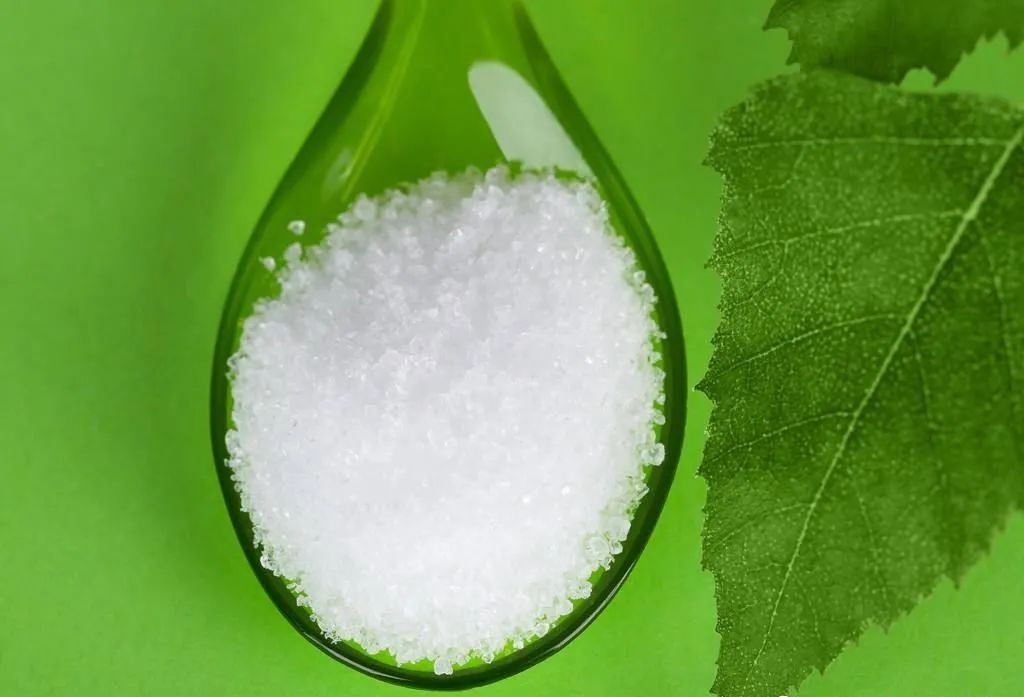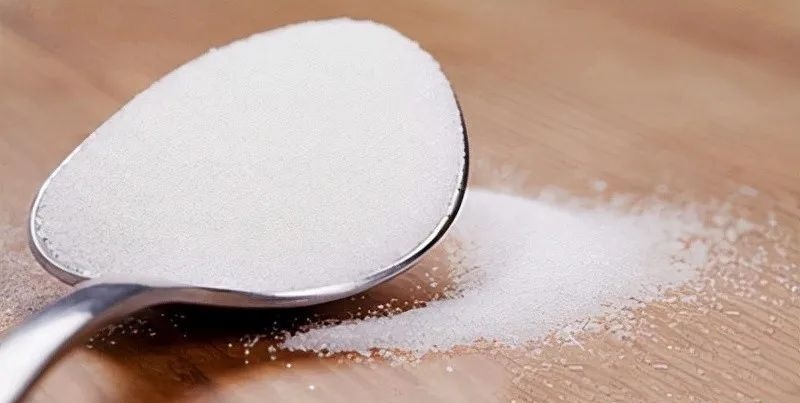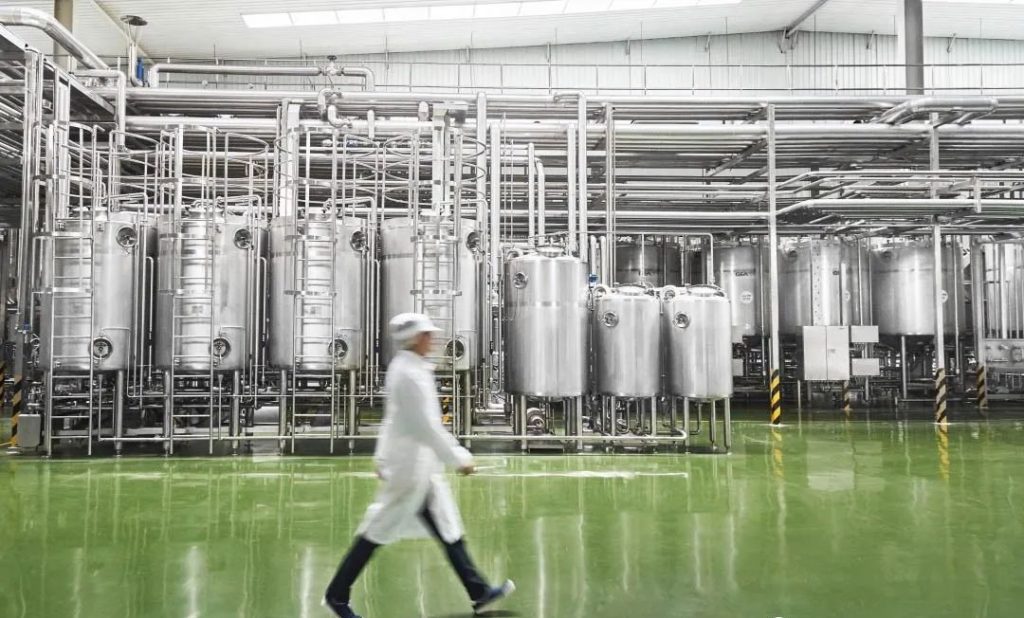Summary of Regulatory Licensing Status of Allulose in Various Countries
Public data shows that Allulose is a functional monosaccharide that is very friendly to obese and diabetes patients, because its sweetness and taste are similar to sucrose, its heat tends to zero, it is not metabolized by the human body, and it also has the effect of inhibiting blood sugar. D-psicose has been approved as a food ingredient in multiple countries around the world, including Japan, Mexico, Canada, South Korea, the United States, and Australia and New Zealand. In addition, D-allulose is a FEMA (Food Flavor and Extract Manufacturers Association) GRAS product that can be used as a flavoring agent for beverages and dairy products. Canada has approved D-psicose as a natural health product ingredient.
Internationally, Allulose has obtained regulatory approvals in multiple countries and is widely used in the food industry. Especially in countries and regions such as the United States, Japan, and South Korea, the market application of allulose has become relatively mature.
Domestically, although Allulose has not yet obtained formal regulatory approval in China, the National Health Commission has issued an administrative license for soliciting opinions. In addition, several domestic enterprises have already achieved large-scale production capacity of D-psicose, laying a solid foundation for future market application

Production capacity and market development of major enterprises of Allulose
Due to the continuous low market price and low gross profit margin of erythritol in the past two years, domestic sugar substitute companies have been forced to accelerate the diversification of their sugar substitute products, with the most attention paid to the development of the new sugar substitute, alloulose. There is still a great demand and development space in the future sugar substitute market, and a new round of competition will be sparked in continuous innovation and iterative upgrading.
At present, D-psicose is mainly used for export, with a factory price of around 30000Yuan/ton, and the sales price in the European and American markets is between 30000 and 40000Yuan/ton. Allulose, as a new product in the sugar substitute field in recent years, has a relatively high gross profit margin.
Driven by market prospects and high gross margins, D-psicose is also facing concentrated expansion of erythritol based production. Previously, Bailong Chuangyuan had a production capacity of 5000 tons of allulose, and the “Annual Production of 15000 Tons of Crystalline Sugar Project” that will be put into operation in 2024 can also be used for the production of allulose. In addition, Bailong Chuangyuan is also building factories in Thailand, including a production capacity of 12000 tons of crystalline allulose and 7000 tons of liquid D-psicose.
Baolingbao and Sanyuan Biotechnology also have plans to expand the production of allulose. After Baolingbao’s technological transformation in 2024, the annual production capacity of alloulose has exceeded 5000 tons. In March 2025, it was announced to expand production by another 20000 tons; Sanyuan Biotech also plans to expand the production of allulose from 10000 tons to 20000 tons by 2025. The 1 million ton corn deep processing health food ingredient project of Huakang Corporation also includes the production capacity of D-psicose.
According to a research report by an institution, by June 2024, the potential production capacity of Allulose in China will expand by more than 8 times compared to the existing capacity. However, due to the high technical threshold of allulose, the short-term expansion of production has limited impact on the market. But if sugar substitute companies continue to follow up and expand production in the later stage, they may repeat the roller coaster ride of erythritol price.

Allulose and other sugar substitutes make sweetness healthier
The “Adult Obesity Dietary Guidelines (2024 Edition)” states that during weight loss, one should eat less high-energy foods such as fried foods, sugary baked goods, candies, etc. (high-energy foods usually refer to foods that provide more than 400kcal/100g of energy); The diet should be light, with a daily intake of no more than 5g of salt, no more than 20-25g of cooking oil, and a recommended intake of added sugar below 25g.
The unhealthy lifestyle of excessive salt, oil, sugar, and low exercise is becoming increasingly common, leading to chronic diseases such as obesity, high blood sugar, high blood lipids, and hypertension. This is also the main reason why the country has introduced multiple policies to promote food sugar reduction. The 2022 Dietary Guidelines for Chinese Residents also advocate that adults should not consume more than 50 grams of added sugar per day, and advocate that the public should use scientific dietary knowledge as guidance to reasonably control their sugar intake.
Healthy sugar substitutes represented by functional sugar alcohols/rare sugars such as xylitol, maltitol, erythritol, isomaltulose, and L-arabinose have a sweet taste similar to sugar, but with a different metabolic pathway from sugar. They do not stimulate insulin secretion and are less likely to cause an increase in blood sugar levels and dental caries. They can replace sucrose in food and beverages, reducing sugar without compromising taste; It can also be applied to functional foods such as low GI foods and diet foods to help manage blood sugar and reduce weight, which is in line with the national policies to vigorously promote food sugar reduction, healthy food production, diabetes and obesity prevention, and has great market development potential.

Preparation and Technological Development Prospects of Allulose
At present, the preparation of allulose can be roughly divided into plant extraction method, chemical synthesis method, biotransformation method, etc. Among them, biotransformation has become the main method for producing allulose in China due to its high conversion efficiency, low production cost, and simple production process. Its core lies in using enzymes or microorganisms to convert fructose into allulose, which can be mainly divided into the following two paths:
- Enzymatic conversion: Fructose is converted to Allulose using D-Allulose-3-Isomerase (DPE) as a catalyst. Using starch as raw material, glucose is hydrolyzed by amylase and starch glucosidase, and then converted to fructose by glucose isomerase.
- Microbial fermentation method: using engineered strains to directly convert glucose or fructose into allulose. For example, researchers have genetically modified Escherichia coli through metabolic engineering to co express glucose isomerase and DPE. Under optimal conditions, the conversion rate of allulose can reach 17.82%.
The advantage of microbial fermentation method is that it can achieve continuous production, but it needs to solve problems such as low enzyme production efficiency of strains and product inhibition. In recent years, multiple breakthroughs have been made in the preparation technology of alloulose: enzyme engineering modification: through directed evolution technology, researchers have obtained mutant DPE with 9.47-fold increase in thermal stability, significantly improving conversion rate.
Fixation technology: The use of immobilized enzymes reduces the production cost of allulose by 50%, paving the way for large-scale production.
Metabolic engineering optimization: By knocking out genes involved in byproduct synthesis and enhancing the expression of key enzymes, the allulose production of the engineered strain has exceeded 230 g/L.
In the future, with the development of synthetic biology, the preparation of allulose will further move towards high efficiency and low cost. For example, by designing artificial metabolic pathways, it is expected to achieve a “one-step” synthesis from glucose to allulose; The development of new immobilized carriers may increase the enzyme recovery efficiency to over 95%.
With the intensification of the global trend of reducing sugar and the increasing demand for healthy foods from consumers, allulose as a low calorie sweetener has broad market prospects. For domestic enterprises, they should strengthen technological innovation, improve the production process and product quality of allulose, provide strong guarantees for the application of allulose in the domestic market, and give consumers more opportunities to choose healthy and low sugar food and beverage products.


